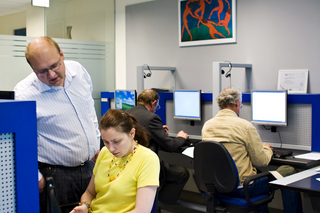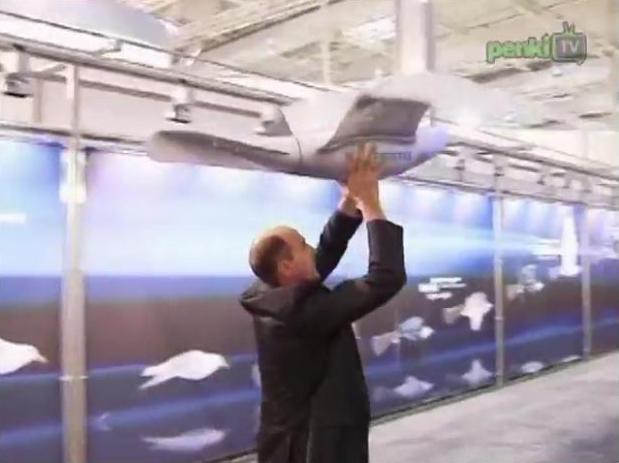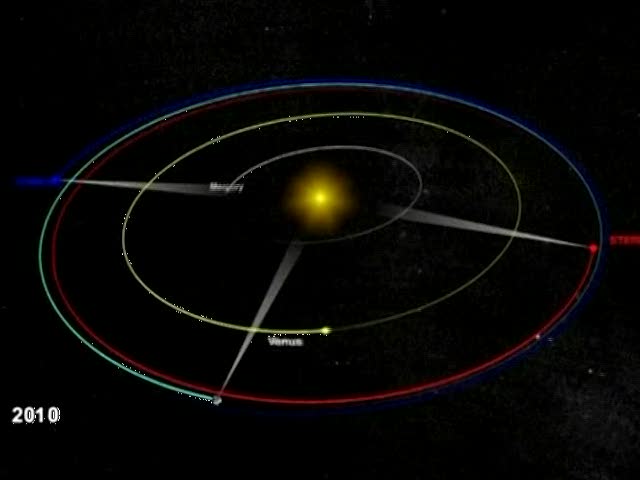Estonian Parliament on Dec. 13 passed a state pension insurance bill that foresees indexation of pensions
Published:
29 December 2000 y., Friday
Estonian Parliament on Dec. 13 passed a state pension insurance bill that foresees indexation of pensions, one week after thousands of Tallinn pensioners protested against low retirement income in front of the parliament building.
Starting from year 2002 the size of a pension will depend upon the consumer price index and the social tax paid by a person before reaching pension age. Every April the pension amount will be multiplied by the arithmetical mean of those two factors. According to the Bank of Estonia, the CPI in 1998 and 1999 was 8.3 percent and 3.3 percent, respectively. The bank forecast 4 percent to 4.5 percent CPI for the year 2000. Today an average pension barely exceeds 1,000 kroons ($58); the retirement age for men will be 63 years starting next year and for women from the year 2016.
The first step of the pension reform project states that from 2005 a certain amount of salary will go into the pension fund to provide for a person's pension after retirement.
Today 20 percent of collected social taxes are meant for pensions; statistics show a ratio of 1.7 working people providing the pension for one retired person. Indrek Holst, Uhispank Life Insurance's president said that this cannot go on due to the present demographic situation in Estonia. "The amount of money for pensioners has always been limited, and now it seems to decrease," said Holst.
Šaltinis:
baltictimes.com
Copying, publishing, announcing any information from the News.lt portal without written permission of News.lt editorial office is prohibited.
The most popular articles

The European Commission announced today the award of three of the six contracts for the procurement of Galileo’s initial operational capability.
more »
 Brazilian researchers have developed a new type of permeable pavement that can store rain water and ease the impacts of floods.
more »
Brazilian researchers have developed a new type of permeable pavement that can store rain water and ease the impacts of floods.
more »
 A cursor on a computer screen can be controlled using thoughts about a range of vowel sounds, research has found.
more »
A cursor on a computer screen can be controlled using thoughts about a range of vowel sounds, research has found.
more »
 Fifty years after Russia's Yuri Gagarin became the first man into space, Moscow is determined to maintain a leadership role in space exploration, despite recent problems with satellite launches and increasing competition from countries like China, Japan and India.
more »
Fifty years after Russia's Yuri Gagarin became the first man into space, Moscow is determined to maintain a leadership role in space exploration, despite recent problems with satellite launches and increasing competition from countries like China, Japan and India.
more »
 During sleep the body actively restores it's energy and condition.
more »
During sleep the body actively restores it's energy and condition.
more »
 Penki Кontinentai Training Center was set up in one of the oldest and most innovative ITT companies, and now counts the second decade. Politicians, businessmen, artists and entertainers have learned and acquired skills here during these years.
more »
Penki Кontinentai Training Center was set up in one of the oldest and most innovative ITT companies, and now counts the second decade. Politicians, businessmen, artists and entertainers have learned and acquired skills here during these years.
more »
 Researchers say they have succeeded in deciphering the flight of birds, "one of the oldest dreams of mankind.". The team, from German automation company Festo, say their robotic seagull that can take-off, fly and land autonomously.
more »
Researchers say they have succeeded in deciphering the flight of birds, "one of the oldest dreams of mankind.". The team, from German automation company Festo, say their robotic seagull that can take-off, fly and land autonomously.
more »
 "All research, however good its intentions, necessarily involves risks," Oxford University neuroscience professor Colin Blakemore explained at a workshop on "ethical dilemmas in brain research" held by Parliament’s Science and Technology Options Assessment (STOA) team.
more »
"All research, however good its intentions, necessarily involves risks," Oxford University neuroscience professor Colin Blakemore explained at a workshop on "ethical dilemmas in brain research" held by Parliament’s Science and Technology Options Assessment (STOA) team.
more »
 NASA's Messenger spacecraft delivers its first photos of Mercury and the first images ever taken from the rocky planet's own orbit.
more »
NASA's Messenger spacecraft delivers its first photos of Mercury and the first images ever taken from the rocky planet's own orbit.
more »
 Discovery reached the ISS on Saturday, two days after liftoff from the Kennedy Space Center, for its 39th and final mission.
more »
Discovery reached the ISS on Saturday, two days after liftoff from the Kennedy Space Center, for its 39th and final mission.
more »
 NASA has released for the very first time on Sunday images that show the complete surface of the Sun.
more »
NASA has released for the very first time on Sunday images that show the complete surface of the Sun.
more »